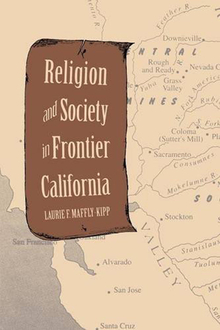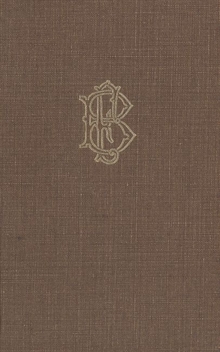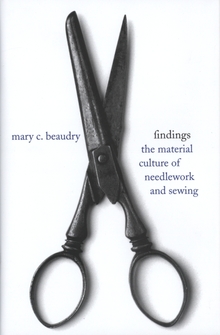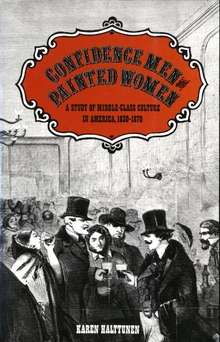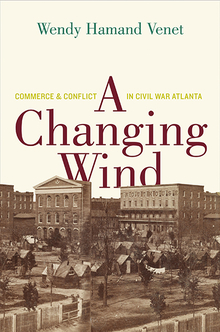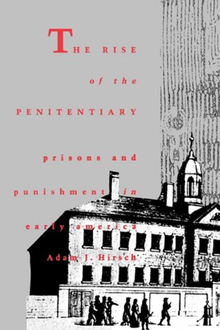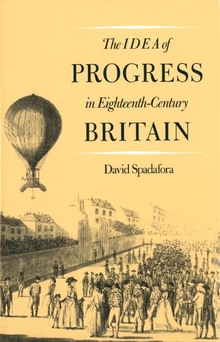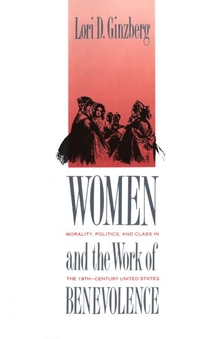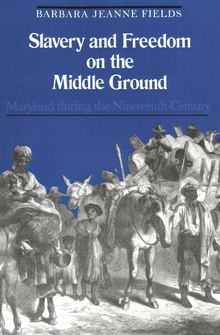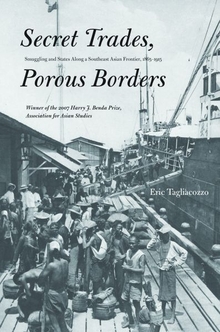Religion and Society in Frontier California
WARNING
You are viewing an older version of the Yalebooks website. Please visit out new website with more updated information and a better user experience: https://www.yalebooks.com
Laurie F. Maffly-Kipp
Laurie Maffly-Kipp begins by analyzing the eastern-based religious ideology that underlay the movement westward and by investigating the motives behind the founding of home mission boards dedicated to the spread of Christianity and civility among new settlers. Drawing on the diaries, letters, and journals of hundreds of California "argonauts," Maffly-Kipp describes those missionaries and their wives sent to California after 1848 and the virtually all-male mining society that resisted the missionaries' notions of moral order and in turn created new religious beliefs and practices. Maffly-Kipp argues that despite its alleged immorality, the California gold rush was actually one of the most morally significant events of the nineteenth century, for it challenged and brought into conflict the cherished values of antebellum American culture: a commitment to spiritual and social progress; a concern with self-discipline, moral character, and proper gender roles; and a thirst for wealth fostered by the spirit of free enterprise.
"In Religion and Society in Frontier California Laurie Maffly Kipp provides a wonderfully intriguing and beautifully written narrative about the efforts of American Protestant missionary groups to bring so-called immoral and irreligious gold seekers back into the Christian fold, about the miners' surprising responses, and about the unexpected roles women played in the effort. It is Maffly-Kipp's careful, probing, insightful analysis of a huge, much-neglected topic - religion in the American West, that makes this book so important."—Howard Lamar
"Beautifully written and artfully organized, the book is an original investigation of the impact of evangelical religion on frontier society."—Edwin S. Gaustad, professor emeritus of religion at the University of California at Riverside
"In this insightful contribution to the study of religious belief and activity in the Western states, Maffly-Kipp discusses the efforts made by Protestant evangelicals to transplant their religion to California during the period between 1848 and 1849. . . . An intriguing and stimulating work."—Choice
"In a tightly-woven and engaging volume, Laurie Maffly-Kipp has made an important contribution to the growing literature addressing religion's influence on western social and cultural development."—Michael S. Engh, Western Historical Quarterly
"This book is a remarkable piece of scholarship. . . . Ms. Maffly-Kipp has written a challenging and important study of religion in Gold Rush California, and of religion in antebellum America."—Jeffrey M. Burns, Catholic Historical Review
"A much needed addition to earlier works on California's gold rush society and an important contribution to the literature of nineteenth-century American religious history."—George M. Lubick, History
"A well-crafted, carefully reasoned, and artfully written account of an important aspect of life in gold rush California that helps explain that region's subsequent religious history and sheds new light on nineteenth-century American Protestantism from a Pacific Coast perspective."—Eldon Ernst, Southern California Quarterly
Publication Date: November 5, 2013

